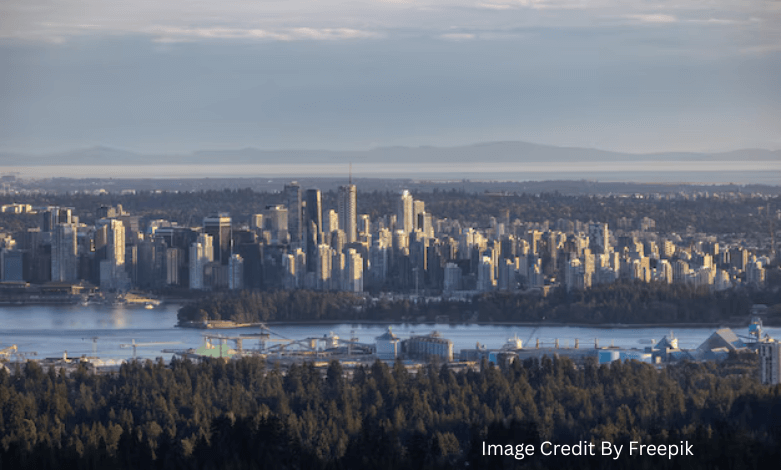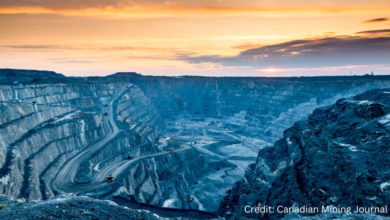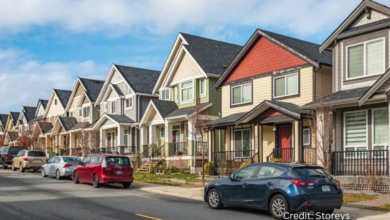Why BC’s Housing Market Is So Unique: History, Geography, and Demand Explained

British Columbia (BC) has one of the most talked-about housing markets in Canada—and for good reason.It’s not just expensive, but also shaped by deep history, stunning geography, and huge demand. Let’s dive into what makes BC’s real estate so unique in a way that’s simple, clear, and helpful for every reader.
1. A History That Changed Everything: Smart Growth & Vancouverism
Vancouver’s global reputation for liveability didn’t happen by accident. In the 1970s, BC introduced the Agricultural Land Reserve (ALR) to protect farmland from urban sprawl. That meant new homes had to be built up, not out.
This led to a planning approach called Vancouverism—tall, slim towers mixed with parks, walkable streets, and views of nature. It shaped how BC cities grew, especially Vancouver.
2. BC’s Geography: Landlocked by Nature
BC’s location makes building homes a real challenge. Surrounded by mountains, forests, and the Pacific Ocean, most major cities—like Vancouver and Victoria—have very limited space to grow.
That means land is scarce, and when something is rare, it becomes more expensive. It’s not just about demand—there’s only so much land to go around.
Read our feature on why BC’s natural beauty also drives up prices.
3. Immigration, Foreign Buyers & Rising Demand
BC is a magnet for people from all over the world. With high immigration, interprovincial migration and past foreign investment the demand for homes has been constantly rising.
- New Canadians are choosing BC for jobs, schools, and lifestyle.
- People from other provinces often move here, driving up housing needs.
- In recent years, foreign investment (especially in Vancouver) added more fuel to the fire.
To cool down the market, Canada introduced a foreign buyer ban from 2023–2027.
See our full breakdown on Ultimate Guide to Home Improvement in 2025: Budgeting, Trends, ROI Projects & More.
4. Not Enough Homes: The Supply Problem
Even though we’re building it’s not fast enough. Between 2016 and 2021, BC’s population grew faster than the number of new homes, creating a serious gap.
This happened because of:
- Long zoning and permitting delays
- Labor shortages in construction
- Local opposition to new developments (aka NIMBYism)
- Smaller apartment sizes with growing families
And here’s the data-backed view from Mortgage Sandbox.
5. What Is the Government Doing?
The BC and federal governments have started several actions to tackle the crisis:
- New zoning laws allowing multi-family homes in single-house zones
- Push for transit-oriented development (more homes near train/bus stops)
- Foreign buyer tax and vacant home taxes
There’s also a new Housing Supply Act and Housing Delivery Team working to get more homes built faster.
6. Why BC Stands Out: A Snapshot
| Factor | What Makes It Unique |
|---|---|
| Geography | Ocean, mountains, and farmland restrict urban sprawl |
| ALR Policy | Farmland protection limits development land |
| Vancouverism | Focus on density, walkability, and green living |
| High Demand | Strong immigration, global interest, urban lifestyle |
| Supply Issues | Red tape, labor gaps, zoning limits growth |
7. What’s Next for BC’s Real Estate?
Looking ahead, BC’s housing market will stay competitive—but changes are coming:
- New zoning laws will take time to show impact
- Construction needs more skilled workers
- Rental units near transit will grow faster
Check out Understanding BC’s Rent Assistance Programs (Updated Guide).
Final Thoughts: A Place Like No Other
BC’s housing market is shaped by more than money. It’s about natural beauty, urban design, community growth, and policy choices that go back decades.
And as cities evolve, so will the way people live, buy, and build homes in British Columbia.




